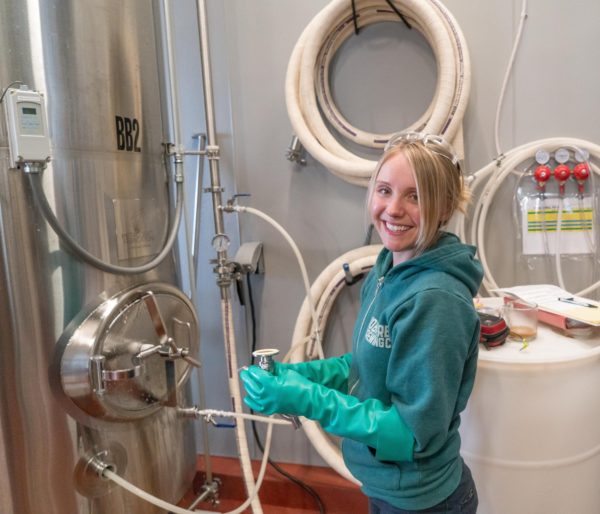An important part of food safety procedures is the seventh point of every Hazard Analysis Critical Control Point (HACCP) system: record keeping. Whether you use them to improve facility management, stop compromises in your handling procedures, or simply to appease the Canadian Food Inspection Agency (CFIA), keeping and maintaining your records is crucial for food handlers staying in operation. How can you bring this necessary part of the business up to par?
Why Great Record-Keeping Is Essential To Food Safety
The Safe Food For Canadians Regulations makes it the law to keep preventive control plan records for two years, three for those related to the processing of shelf-stable, low-acids foods in hermetically sealed containers. These historical records show that your facility, commodities, and the processes for which they are responsible stay compliant and within regulatory requirements. To enforce these records, the CFIA verifies compliance by performing inspections, surveillance, and other activities.
Though the records can be unique to your business, they generally include documents such as: 
- Temperature logs
- Calibration logs
- Formulation sheets
- Maintenance checklists
- Pest control records
All this effort is required because accurate record-keeping is vital for preventive control plans. By having these documents ready, a facility can identify the root cause of an issue, analyze and improve a process or procedure, and identify gaps in training and training needs. They have to be readable and kept in a way that accurately reflects any events, conditions and activities undertaken in your facility.
How Can You Bring Your Record-Keeping Up To Par?
Other than keeping your records legible and maintaining them for the necessary length of time, how else can make record-keeping easier? One way is to set up policies and procedures that everyone working at your facility can comprehend. Employees, contractors, and delivery people who know a preventive control plan is in place will better understand why the records are so important.
 A successful record-keeping and managing program depends upon how easy it is to access information when it’s needed. It doesn’t matter if the data is for a government audit or everyday operations: having the information separated by proper indexing parameters like date, subject matter, creator, and location of the record, is essential to managing and finding information.
A successful record-keeping and managing program depends upon how easy it is to access information when it’s needed. It doesn’t matter if the data is for a government audit or everyday operations: having the information separated by proper indexing parameters like date, subject matter, creator, and location of the record, is essential to managing and finding information.
One way companies are making information retrieval easy is by shifting over to digital records. Digital records make inputting information and marking trends an easier process for every member of the team, on top of getting rid of bulky binders full of paper. In many parts of the food industry, paper-based records are still the standard; however, many companies are moving to digital platforms.
One final way to ensure your food safety records stay organized and managed is to conduct an audit of records management procedures. By bringing in an outside company, you can find the weak spots in your processing or handling, as well as make sure that records are routinely maintained and destroyed in a compliant, enforced manner across your organization.
Canada’s food handling guidelines and requirements make our industry one of the safest in the world, and this quality finds support in the thorough, credible keeping of records. Quantum Food Solutions can help bring food safety record standards up to par, helping make processing and handling easier and safer for your customers and employees.
